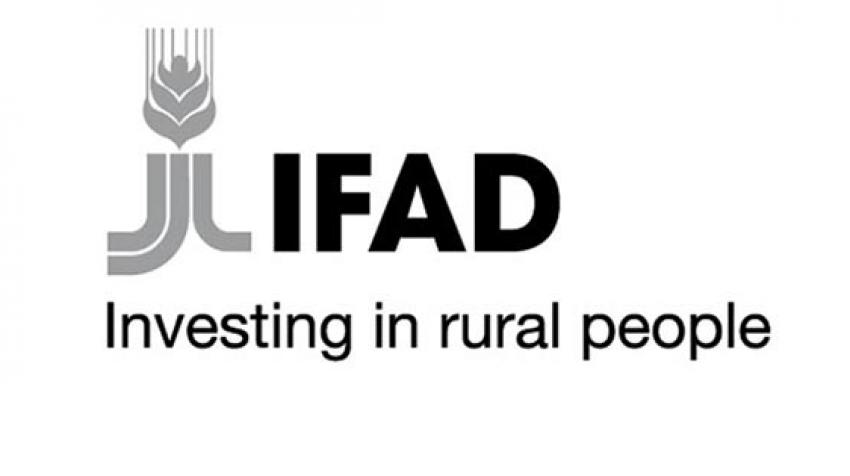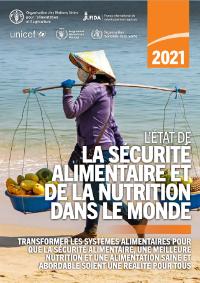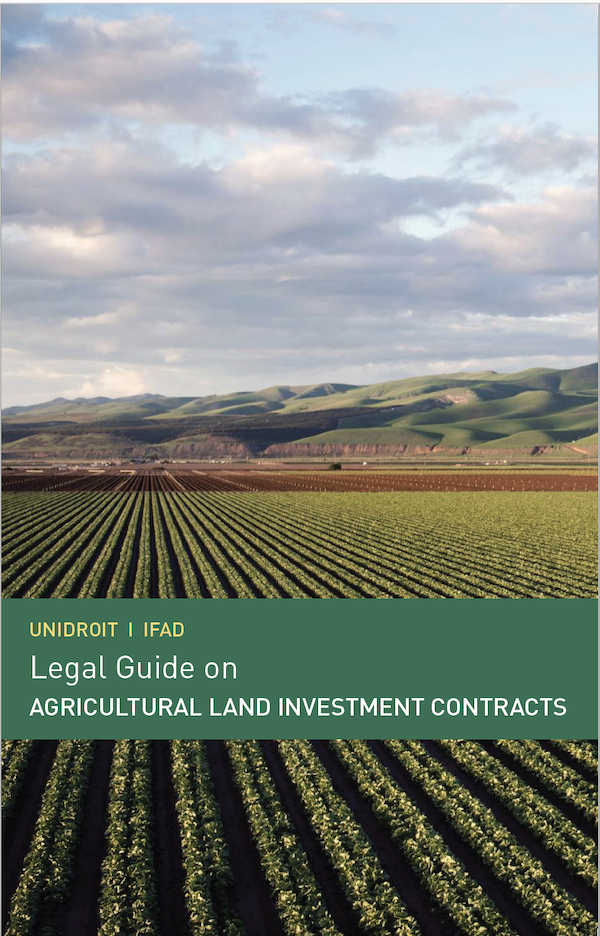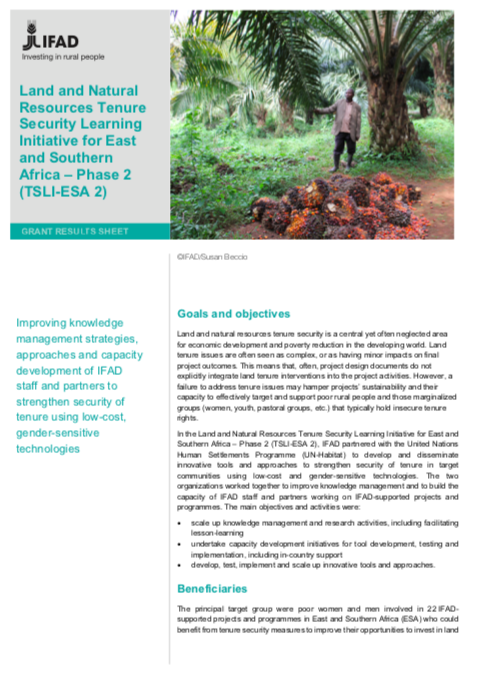Focal point
Location
The International Fund for Agricultural Development (IFAD), a specialized agency of the United Nations, was established as an international financial institution in 1977 as one of the major outcomes of the 1974 World Food Conference. The Conference was organized in response to the food crises of the early 1970s that primarily affected the Sahelian countries of Africa. The conference resolved that "an International Fund for Agricultural Development should be established immediately to finance agricultural development projects primarily for food production in the developing countries". One of the most important insights emerging from the conference was that the causes of food insecurity and famine were not so much failures in food production, but structural problems relating to poverty and to the fact that the majority of the developing world's poor populations were concentrated in rural areas.
IFAD's mission is to enable poor rural people to overcome poverty.
IFAD is dedicated to eradicating rural poverty in developing countries. Seventy-five per cent of the world's poorest people - 1.4 billion women, children and men - live in rural areas and depend on agriculture and related activities for their livelihoods.
Working with rural poor people, governments, donors, non-governmental organizations and many other partners, IFAD focuses on country-specific solutions, which can involve increasing rural poor peoples' access to financial services, markets, technology, land and other natural resources.
Resources
Displaying 11 - 15 of 102L’État de la sécurité alimentaire et de la nutrition dans le monde 2021
Ces dernières années, plusieurs grands facteurs sont intervenus qui font que le monde n’est plus en voie de mettre un terme à la faim et à la malnutrition sous toutes ses formes d’ici à 2030. Les difficultés n’ont fait que grandir en raison de la pandémie de covid-19 et des mesures qui ont été prises pour l’endiguer. Le présent rapport contient la première évaluation mondiale de l’insécurité alimentaire et de la malnutrition pour l’année 2020 et donne une idée de ce à quoi ressemblerait la faim en 2030, dans un scénario encore compliqué par les effets prolongés de la pandémie de covid-19.
Legal Guide on Agricultural Land Investment Contracts
Investment in agriculture is essential for sustainable development, in particular for achieving food security, adequate nutrition, decent employment, poverty reduction and environmental protection. In seeking to attract agricultural investment, many governments and local communities have entered into Agricultural Land Investment Contracts (ALIC).
Mainstreaming youth in IFAD operations: A practitioner’s guide
The failure of rural economies to deliver decent work to their young people affects national economies, threatens political stability, nurtures extremism and causes socially and economically disruptive migration. Globally, youth are two to three times more likely than adults to be unemployed.
Catalogue of Innovations. Enhancing Smallholder Agriculture and Food System Resilience. East and Southern Africa
The food system challenges require simultaneous action across different sectors and concerted efforts of diverse players in food systems. While past efforts inclined towards boosting gricultural production, today’s focus has shifted to influencing transformative changes to the entire food systems continuum, from production and processing to marketing and distribution, using innovative solutions. Sub-Saharan Africa has been facing unprecedented challenges that affect the sustainability of food and agriculture systems, putting food and nutrition security at significant risk.
Grant Results Sheet: Land and Natural Resources Tenure Security Learning Initiative for East and Southern Africa – Phase 2 (TSLI-ESA 2)
This initiative's goal was to develop and disseminate innovative tools and approaches to strengthen tenure security in target communities using low-cost and gender-sensitive technologies. IFAD and UN-Habitat worked together to improve knowledge management and to build the capacity of IFAD staff and partners working on IFAD-supported projects and programmes.
It was funded by a grant built on the achievements of the Land and Natural Resources Tenure Security Learning Initiative for East and Southern Africa - Phase 1, which was implemented by UN-Habitat between 2011 and 2013.








